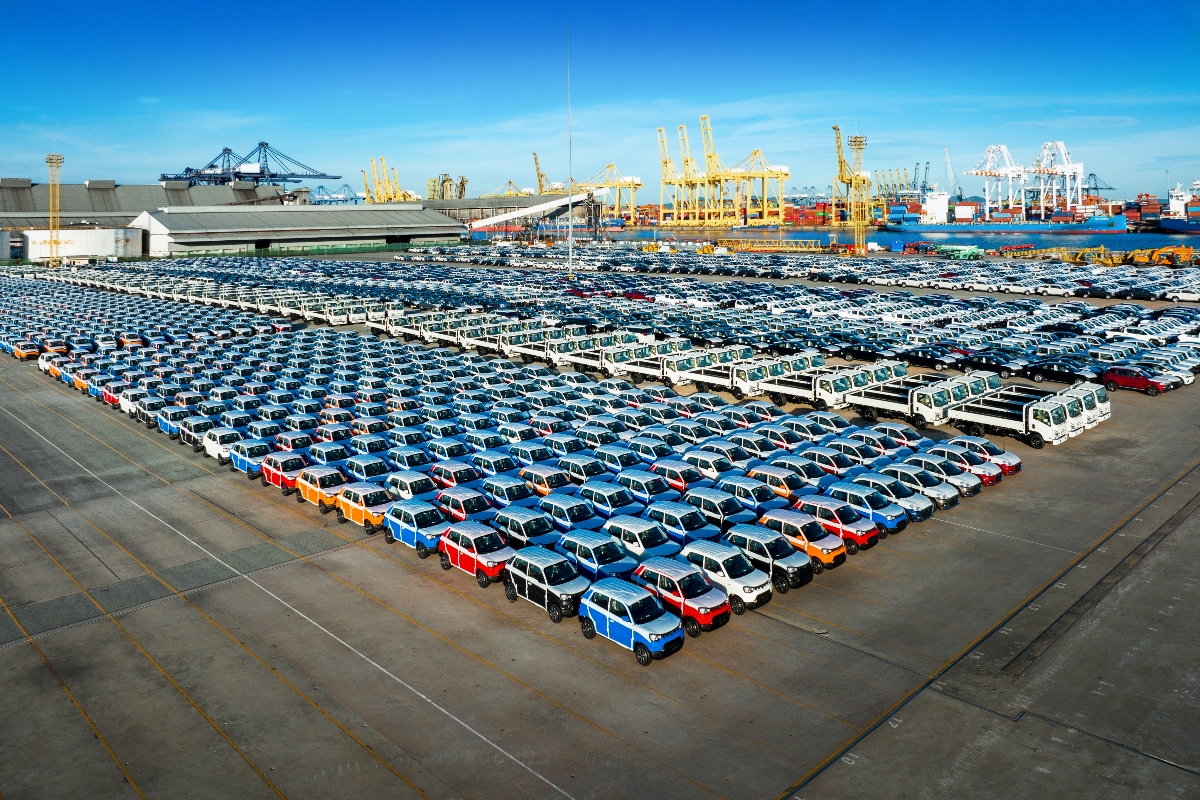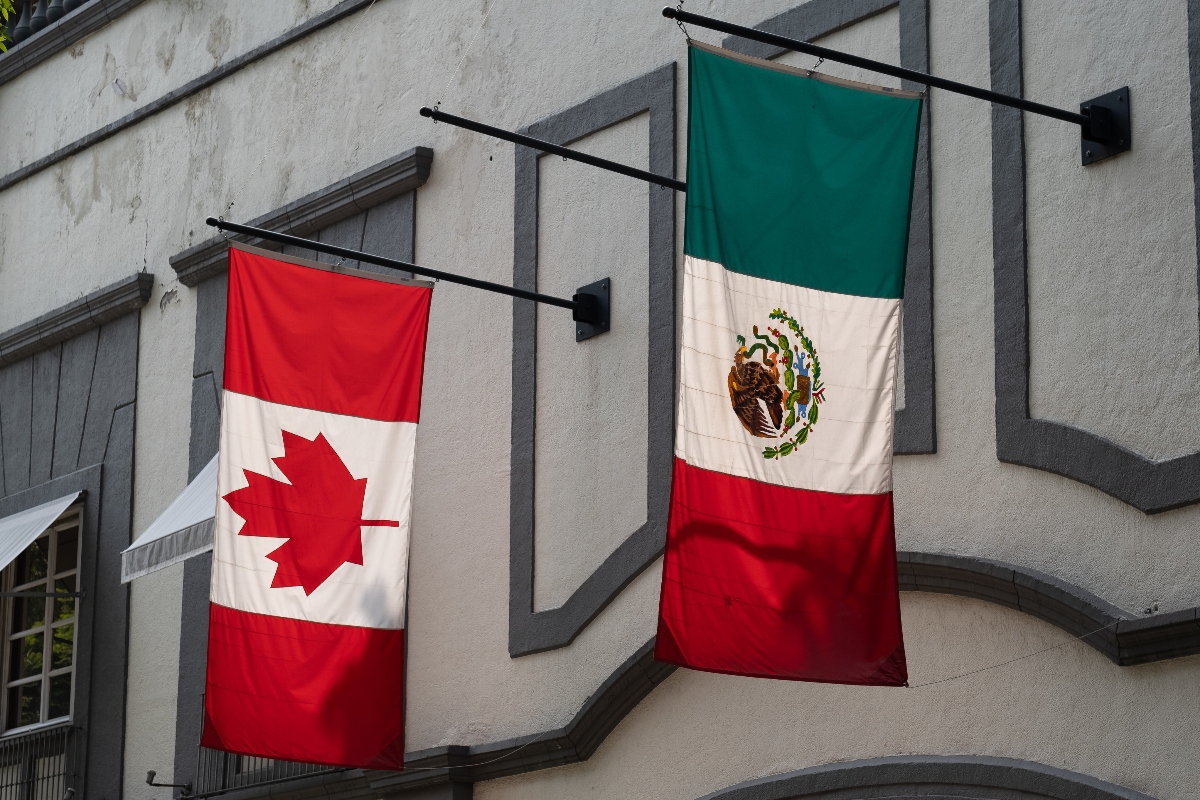U.S. President Donald Trump announced Wednesday, April 2, 2025, a series of “reciprocal” tariffs that will impact the world’s major economies, including the European Union, China, Japan, India and South Korea, among others. The new tariffs were presented as a response to what the administration considers unfair trade practices against U.S. products.
During a speech from the White House, Trump called the announcement part of “Economic Liberalization Day,” in which he assured that “the United States will no longer be the dummy of global trade.”
25% tariff

Among the most prominent measures is a 25% tariff on all automobiles manufactured outside the United States.
Trump called the announcement part of Economic Freedom Day
QueOnnda.com
A policy that directly affects European, Asian and South American brands, many of which have a presence in the U.S. market.
Trump justified this tariff as a step to “revive the domestic auto industry,” claiming that the measure will “protect jobs in Detroit, Ohio and other industrial states.”
What about Mexico and Canada?

The main U.S. trading partners, Mexico and Canada, were exempted from the general reciprocal tariffs, but not from the 25% tariff on automobiles,
This could affect manufacturing plants located in northern Mexico.
The decision has been criticized by experts who claim that, although it seeks to stimulate domestic production, it may have negative consequences on the U.S. economy, especially on the cost of living, inflation and trade relations.
Strong impact

For the Hispanic community in the United States, this series of tariffs announced by Trump in the middle of 2025 could mean higher prices for commodities and vehicles.
Also, a possible reduction of jobs in industries that depend on global supply chains.
In addition, some countries are expected to impose retaliatory trade measures.
It would generate a price increase in imported items heavily consumed by Latino families, such as appliances, electronics and food.
For more information, visit QueOnnda.com.














